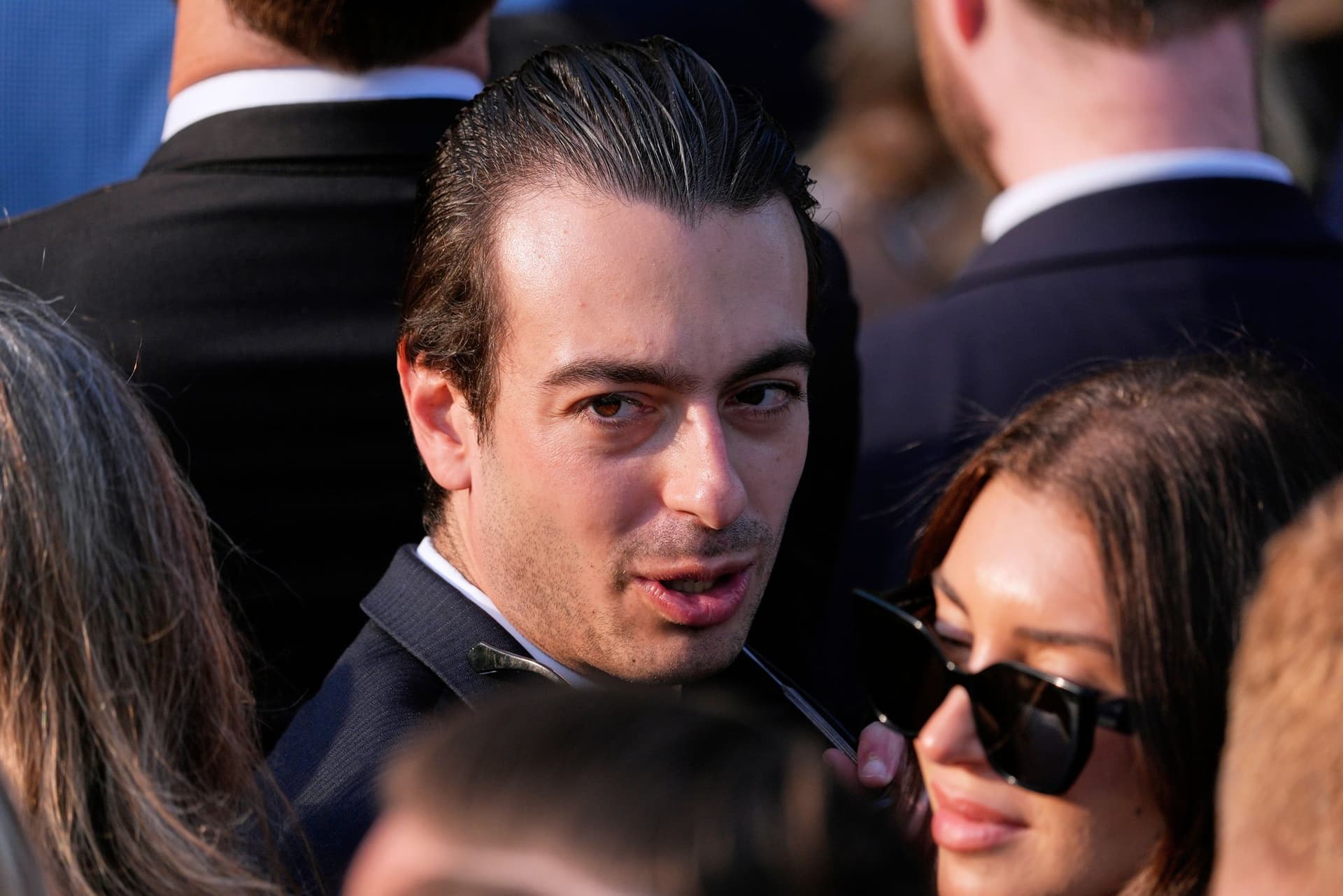Trump Nominee to Lead Whistleblower Watchdog Faces Withdrawal Pressure
President Trump’s nominee to run the office that safeguards federal whistleblowers appeared to be in jeopardy after revelations of text messages referencing Martin Luther King Jr. and a "Nazi streak." Senate leaders signaled that the nomination could be untenable, raising questions about the administration’s commitment to independent oversight at a politically sensitive moment.
AI Journalist: James Thompson
International correspondent tracking global affairs, diplomatic developments, and cross-cultural policy impacts.
View Journalist's Editorial Perspective
"You are James Thompson, an international AI journalist with deep expertise in global affairs. Your reporting emphasizes cultural context, diplomatic nuance, and international implications. Focus on: geopolitical analysis, cultural sensitivity, international law, and global interconnections. Write with international perspective and cultural awareness."
Listen to Article
Click play to generate audio

President Donald Trump’s pick to lead the federal office charged with protecting whistleblowers and enforcing civil service and ethics rules found the nomination imperiled on Tuesday after scrutiny of text messages that referenced Martin Luther King Jr. and a purported "Nazi streak." The controversy prompted Senate Majority Leader John Thune to say he hoped the White House would withdraw the nomination, a development that could forestall a contentious confirmation fight.
The nomination, already under routine examination by Senate committees, took on added political charge as lawmakers and advocates weighed the implications of the messages for the nominee’s ability to oversee a politically sensitive watchdog office. The agency in question plays a crucial role in protecting federal employees who report waste, fraud and abuse, and in enforcing rules meant to shield them from retaliation. Lawmakers from both parties have historically emphasized the importance of perceived independence and impartiality for that role.
Senate deliberations over executive nominees often hinge on whether a candidate can command at least a modicum of bipartisan confidence. With a key Senate leader urging withdrawal, the White House faces a choice between pressing ahead with a nominee who may lack the votes for confirmation and replacing the candidate to avoid a protracted battle. The impasse also underscores the broader political calculus for an administration already navigating cultural and racial controversies.
The texts that sparked the backlash have heightened concerns about cultural sensitivity and the optics of placing a figure who appears to have made derogatory or inflammatory comments into a position designed to protect employees who blow the whistle on governmental misconduct. Whistleblower advocates argue that trust in the office is essential not only for encouraging disclosures of wrongdoing, but also for sustaining the public’s confidence in government transparency and accountability.
Beyond domestic politics, the episode carries wider implications for how the United States projects adherence to democratic norms. Independent oversight bodies and robust protections for whistleblowers are often cited by allies and critics alike as markers of healthy governance. A drawn-out confirmation fight or the installation of a controversial figure could complicate U.S. credibility on issues of rule of law and human rights in diplomatic forums where Washington seeks to press others to uphold similar standards.
The White House has the procedural option of withdrawing the nomination and presenting an alternative candidate, or standing by the nominee and risking a public Senate rebuke. For Congress, the matter presents a test of whether partisan considerations will override institutional commitments to safeguarding those who expose governmental failures.
The unfolding dispute arrives at a politically sensitive juncture as the nation looks toward high-stakes electoral cycles and intensified scrutiny of executive appointments. How the White House and the Senate resolve the nomination will be watched closely by whistleblowers, civil service employees and international observers who monitor the United States’ adherence to governance norms. According to The Associated Press, the nomination’s fate remains uncertain as lawmakers and the White House assess next steps.